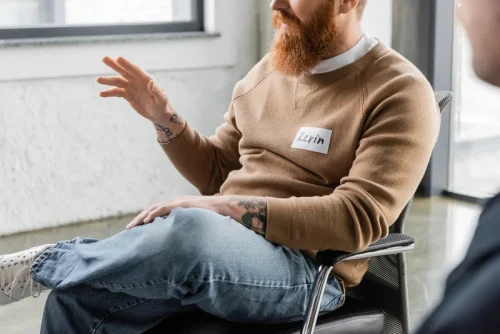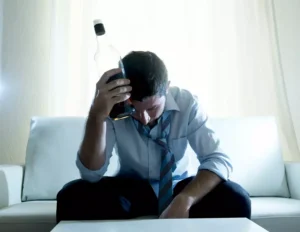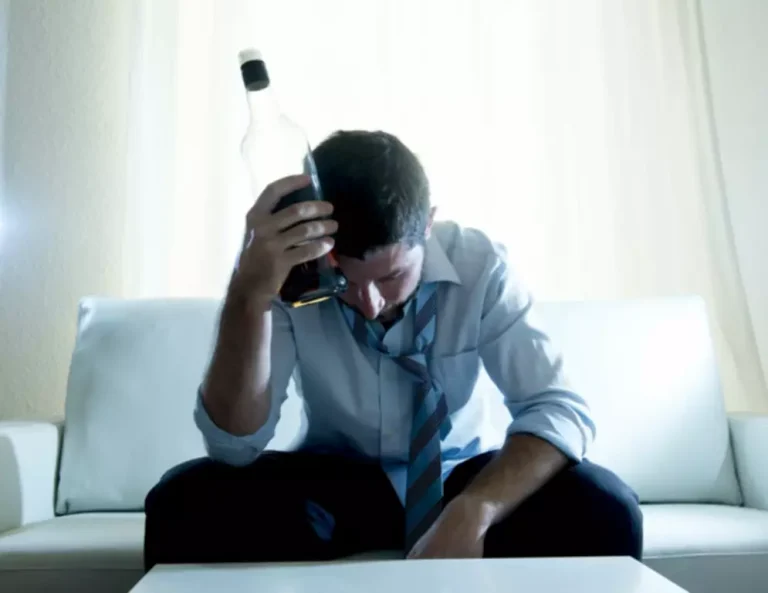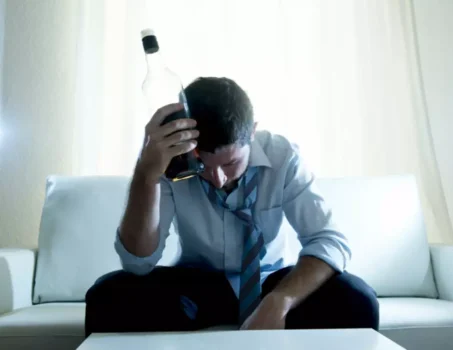
Set limits on what you are willing to tolerate and take care of your own well-being. It may be necessary to detach emotionally from the addict’s actions to avoid being consumed by their struggles. Combining professional therapy and structured support creates a comprehensive treatment approach addressing individual healing and community reinforcement. Dynamic psychotherapy sessions occur weekly for 6-12 months with a being in love with an addict 65% success rate for sustained recovery—specialized trauma therapies like EMDR target deep-rooted emotional injuries contributing to addictive patterns. Other times, love’s pull is so strong that we might follow it even to the point of hardship or personal ruin (Earp, Wudarczyk, Sandberg, and Savulescu 2013). Lovers can become distracted, unreliable, unreasonable, or even unfaithful.

One especially popular version of this view holds that drugs ‘co-opt’ neurotransmitters in the brain to create signals of reward that dwarf the strength of ‘natural rewards’ such as food or sex. They thereby produce patterns of learning and cellular adaptation in the brain that could never be produced without drugs (e.g. Volkow et al. 2010). According to this strict account, then, addictive drug-seeking is an aberrant form of behavior that is peculiar to drug addicts, both in form and in underlying function. It follows that natural rewards like food and love can never be truly addictive, and that food-seeking or love-seeking behaviors are not truly the result of addiction, no matter how addiction-like they may outwardly appear.
Alongside these efforts, encouraging professional help and promoting healthy coping mechanisms become our guiding lights. Let’s dive into this transformative process, empowering ourselves to navigate the complexities of this challenging journey. For both the addicted person and their partner, addressing mental health needs is essential for fostering a caring and supportive environment within their relationship. Addiction, particularly drug addiction, can wreak havoc on trust and communication within a relationship. Mood swings and irritability brought on by substance abuse can lead to tension, arguments, and even abuse.

Talking to a therapist or joining support groups can provide invaluable insight into your own relationship with addiction and how to keep yourself safe. It’s easy to hurt yourself when you’re simply trying to love a drug addict. However, there are some things you can do to protect yourself and them. Regardless of what you choose, you’ll probably feel frozen for a while. One of the worst parts of loving an addict is you don’t know what the future holds.

You may wonder if they really love you or if they’re just using you for their own selfish needs. Even if your loved one refuses help after the intervention, don’t give up hope. Interventions work best when everyone involved understands the gravity of the situation and agrees on what goals you’re trying to achieve. It’s also important to remember that while interventions can be effective in some cases, they aren’t always successful. You’ll come out of this nightmare respecting addiction for the disease it is- even if terrifies, frustrates, devastates, and infuriates you. You’ll know it intimately- almost as intimately as you know your partner.

Even with the best of intentions, supporting someone with substance use disorder can easily blur into enabling. When you enable someone, you shield them from the natural consequences of their behavior, which can remove a potentially powerful incentive for change. Taking care of someone with substance use disorder can deplete your energy and emotional resources, which may become untenable.

In some cases, you and your loved one may both struggle with codependency, but also have your own issues with substance use. You may be aware of the need for getting your own treatment for a substance use disorder. There are some couples who go to treatment together, and it is possible to find rehab centers that will admit both of you at the same time to get addiction help.